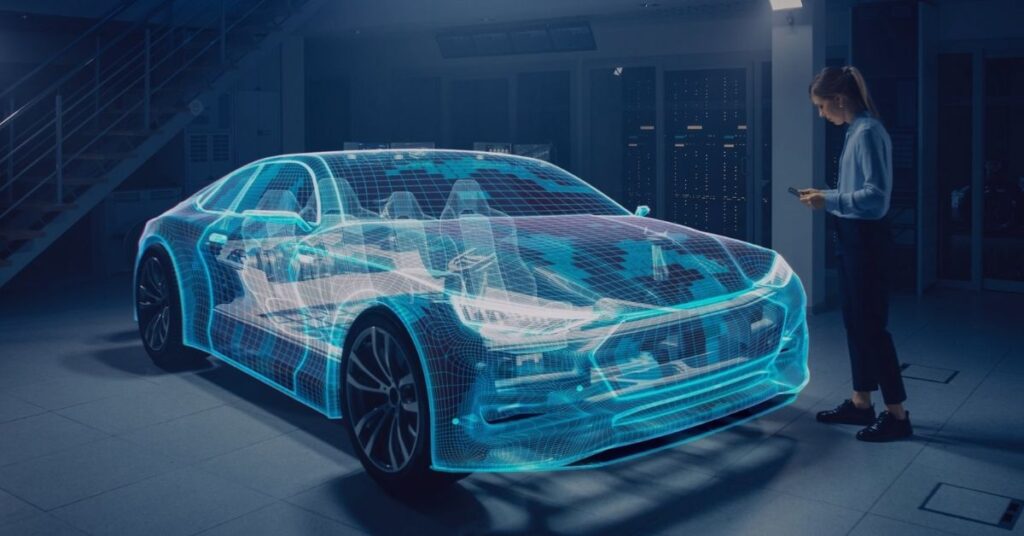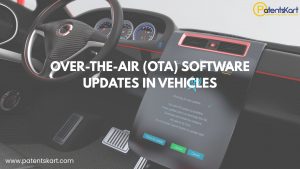The autonomous vehicles Industry is gaining momentum in the market. Soon newer cars will take over the streets. After plenty of testing, trials, and high-profile reviews, new autonomous vehicle technologies are considered ready for launch.
PatentsKart understands the nature of patentability and provides support services like patent prosecution, patent licensing, and much more.
Artificial simulations are the critical element to certify the autonomous vehicle’s safety.
However, real-life situations play a different role. Security still remains a sore point of driverless cars. Recently, Volkswagen stated that its autonomous vehicle research will start in Hefei (China) with Audi’s e-Tron electric sport utility vehicles in September.
Billions are being invested in developing a successful technology. Soon, the car will be open for public trials, testing complex situation Handling.
China is one of the countries holding the highest patent filing record in autonomous vehicles, right after the United States and Japan.
On the other hand, in the history of autonomous vehicles, Toyota, Ford, and General Motors held substantial patents and Liberty to work. There’s a fast-developing space of art in automated vehicles patent.
Patentskart helps in expanding the technology legally with extensive knowledge related to licensing. They have 7 years of experience and leading attorneys across Europe, North America, and the Asia Pacific to help with filing patents or deal with a case of infringement.
Levels of Autonomous Vehicles
There are many Autonomous vehicle companies in the market, flooding with different creations and testing. Some are known for their adaptive control. Primarily the function of speed determination and system management is handled by the automated car itself.
Some are advanced system cars working on automatic steering control, breaks, and gear change with susceptible monitors. A driver is required for movement tracking.
Other categories of vehicles have fully automated features, working with super-Efficient services such as GPS, camera, etc. And lastly, there are cars with Artificial intelligence, high automation, fully robotic controls, specific options, and functions available. No driver assistance is essential.
They are a highly advanced and developed system. They can sense weather and other critical situations to implement user-friendly technology.
Flying Cars
Not just on the road, but the automotive vehicle’s future looks bright, flying high above the clouds. The testing of the world’s first flying cars is successfully going on.
Top autonomous vehicle companies are putting their feet in this new journey, working on something best. They still need permission for Liberty to work.
There are commercial growth and a rise in investments made in automotive vehicle stock. The surge is expected to be higher in the near future.
Future of Autonomous Vehicles
Driverless cars will have better (ADAS) advanced driver assistance system sensors in the future. The data demands can be met by increasing bandwidth.
One of the biggest challenges in automotive companies’ path is to ensure safety and avoid cases of innovation infringement. The existing sensor technology is beautifully crafted but unable to handle spontaneity and purely driverless features yet.
Much full-fledged research is going on to find a creative solution for overcoming safety problems. Longwave cameras, artificial intelligence technologies, and advanced sensory systems help equip a better vehicle for the future.
The global autonomous cars market is expected to reach a growth rate of $1,191.8 billion in 2023 and $1,642.9 billion by 2025.
In upcoming years, there should be a royalty cost for automatic cars. There’s a dire need for patent offices to retrieve the essential data and implement the necessary steps, i.e., standardized electronic monitoring practice.
There is a high-risk potential in the automotive vehicle industry. However, it’s a booming area for future technologies right now, with considerable amounts of ifs and buts surrounding the whole concept.
Conclusion
Automotive patents are relatively new and require whitespace analysis to avoid duplication or infringement of technologies.
Hence, PatentsKart is providing primitive quality services, R&D support, and much more. Now, business-oriented innovations can be hassle-free with a dashboard of collective analytics.
Innovations will be the foundation of a new future.







